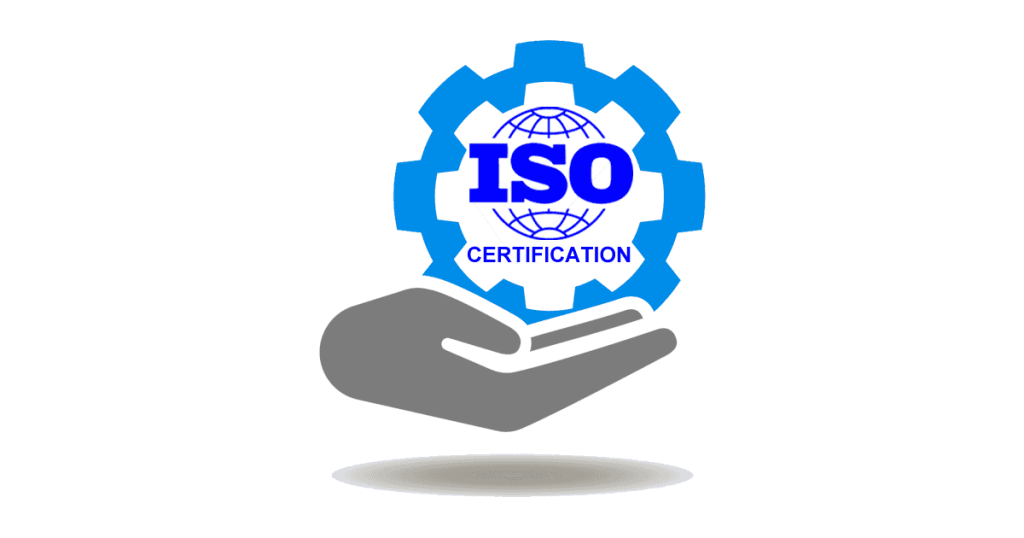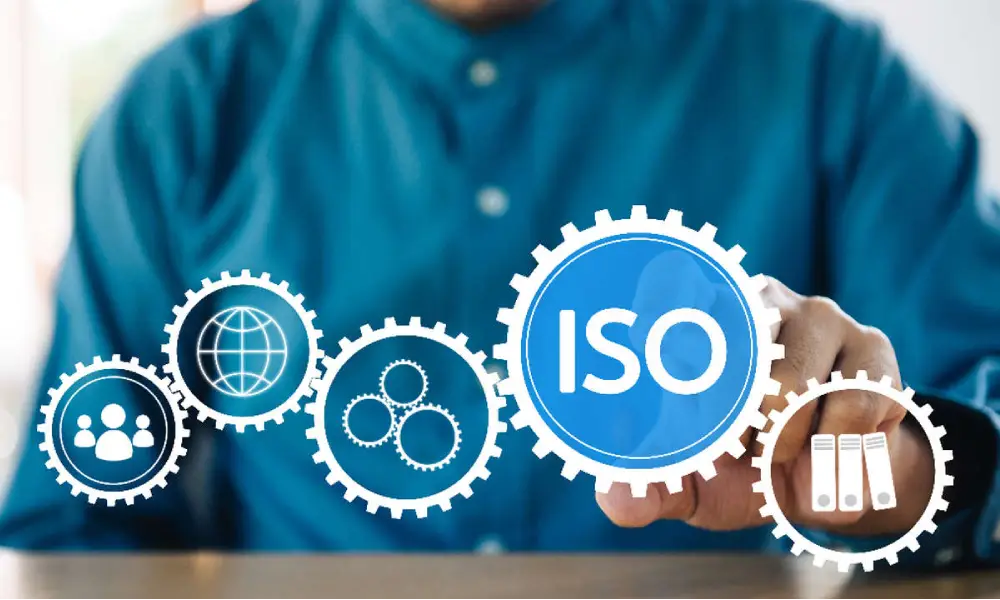ISO certification is one of the most important tools that helps companies improve the quality of their products and services. Furthermore, ISO certification provides a reliable framework for organizing internal processes, reducing errors and increasing customer satisfaction. In fact, this certification is essential for standing out in competitive markets, especially for companies seeking international expansion.
Moreover, Implementing international ISO standards enhances your company’s image with clients and investors, making it more attractive for government and private tenders. This guide will explain the importance, benefits, and types of ISO certification, and how to obtain it easily and quickly with the support of Reins‘ expert team.
What is ISO certification and why do companies need it?
An ISO certificate is an international accreditation that demonstrates a company’s commitment to global quality standards. However, it is not merely a formal document, but rather a comprehensive quality management system based on continuous improvement and process documentation. For example, International quality certification helps in setting clear policies for each employee, and thus organizing work better.
Furthermore, ISO international standards empower companies to reduce operational risks and improve overall performance. Simultaneously, ISO serves as a powerful marketing tool, enhancing customer confidence and opening new doors to both domestic and international markets.
Benefits of implementing ISO certification within companies
1. Improving the quality of products and services
ISO certification helps to accurately document processes and procedures. As a result, products and services are delivered with consistent quality. Moreover, The rate of complaints decreases and customer satisfaction increases, which reflects positively on the company’s reputation.
2. Enhancing customer confidence
When businesses and customers see that your organization is ISO certified, they feel reassured. This leads to increased engagement and greater customer loyalty. Conversely, uncertified companies may quickly lose customer trust.
3. Increased competitiveness
An international quality certificate gives your company a clear competitive advantage, as it demonstrates your commitment to global standards. Furthermore, this advantage helps you win new contracts and participate in major tenders.
4. Reducing operating costs
Implementing an ISO quality management system contributes to improving internal processes and reducing errors and waste. Consequently, costs decrease and work efficiency increases.
5. Supporting decision-making
ISO certification provides documented data that helps management make informed decisions. Therefore, ISO is not just a quality standard, but a strategic tool for performance improvement.
6. Compliance with laws and regulations
ISO certification helps companies comply with local and international regulations and laws, particularly in the areas of safety, health, and the environment. As a result, the organization avoids legal risks and operates with greater confidence.
7. Opening up opportunities for international expansion
Because ISO certification is globally recognized, it facilitates entry into foreign markets. Moreover, It enhances opportunities for collaboration with international partners.
The most requested types of ISO certifications
There are many types of ISO certifications depending on the field, and some of the most common are:
ISO 9001 – Quality Management System
It is the most widely used globally, and most companies rely on it to continuously improve quality.
ISO 14001 – Environmental Management
It focuses on reducing the company’s environmental impact. Additionally, it helps improve resource utilization.
ISO 45001 – Occupational Safety and Health
It ensures employee safety and reduces risks at various work sites.
ISO 22000 – Food Safety
Important for food factories, restaurants and supply chains to ensure food quality and safety.
ISO 27001 – Information Security
It provides data protection and is essential for technology companies, banks, and government agencies.
ISO 50001 – Energy Efficiency
It aims to improve energy use and reduce operating costs.
Steps to obtain ISO certification with Reins
1. Choosing the appropriate ISO standard
The Reins team begins by analyzing the company’s activity and determining the most appropriate type of ISO certification.
2. Gap Analysis
Current processes are compared with ISO system requirements to identify weaknesses.
3. Developing the management system
The Reins team prepares and documents policies, procedures, and forms in a professional manner.
4. Staff training
Employees are being briefed on the new procedures to ensure the system is implemented correctly.
5. Practical application of the system
The procedures are tested practically for a specific period to ensure their effectiveness.
6. Internal audit
A thorough review is conducted prior to the external audit to ensure full compliance.
7. External audit and certification
The Reins team coordinates with an accredited certification body to complete the audit and officially award the ISO certificate.
How does ISO certification help improve sales?
ISO certification is an effective marketing tool because:
Boosts customer confidence
Increases the chances of winning bids
Improves brand reputation
It reduces errors and ensures higher quality.
Therefore, this is directly reflected in increased revenues and profits.
Reins’ role in supporting companies to obtain ISO certification
The Reins team offers integrated services including:
Document preparation and procedures
Staff training
Conducting an internal audit
Follow up on external audits until certification is obtained
Ongoing support to ensure continued commitment
In this way, your company can ensure the effective implementation of the ISO quality management system, with minimal effort and cost, and the highest quality.
✨ Get your ISO certification with Reins now
If you want to elevate your company’s quality and increase customer confidence, now is the perfect time to obtain ISO certification.
The Reins team offers consultation, a comprehensive management system, full support throughout the audit process, and training for your staff to ensure compliance with international standards.












